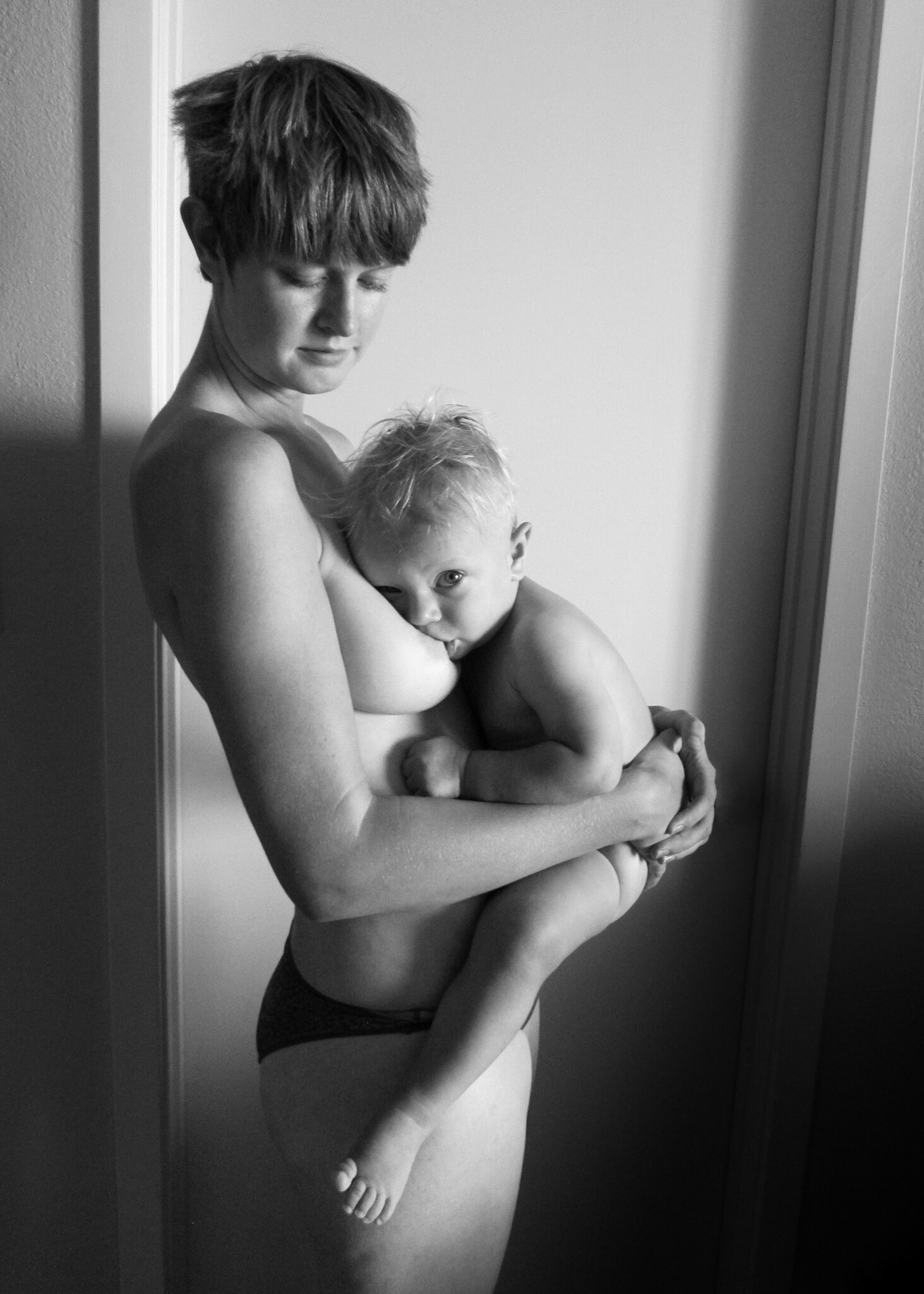Perinatal Depression & Shame
One of the most awful things ever said to me came from my child’s former pediatrician. As I was exiting the exam room of my child’s well-check visit, the doctor stopped me and asked how I was doing. With a deep breath and great embarrassment, I confessed that I had not been doing well and was being treated for depression by one of his co-practitioners. In response he offered his story: “You know, before I was born, my mother had another child and that child died. I grew up with a mother who was depressed and it was awful.”
The effects of parental depression on a child are well documented--a gestational parent who suffers from depression during or after a pregnancy is likely to have a child whose overall mental wellbeing is negatively impacted.* And while knowing this causal connection is important (especially when it comes to supporting patients as a health care provider), it’s hard not to fall apart each time I hear about those findings.
As someone who had untreated depression during her first pregnancy and for years after, and as someone whose first-born child dealt with severe attachment challenges and still works through anxiety, it’s hard not to spiral into shame, knowing that his struggles exist because of me. While I don’t know if I’ll ever be able to fully release myself of the guilt, I’ve found some strategies to help me work through it.
I acknowledge the shame. I admit to it, either verbally to my husband, my counselor, or in writing. As painful as it is, each time I outwardly call attention to the feeling, its strength weakens.
As it weakens, I’m able to name truths that counterbalance the shame.
As soon as I was able, I sought professional support and I continue to seek support so that I can be the best mother possible to my child and that counts for a whole lot.
Despite our rocky start, my child is still an amazing human-being.
Children are resilient and my child is a prime example. His attachment is stronger and he is learning emotional coping strategies that will help him thrive.
The depression was not my fault.
I also no longer hesitate to mute social media accounts that speak on the subject. While their content serves a purpose, it doesn’t serve me.
I share my experience because I know, unfortunately, there are others who can relate. Others who were let down by our culture that places too much emphasis on independence and unrealistic expectations on mother. Who were let down by care providers who did not dig deeper to assess perinatal mental health and needs. Who were let down by Mother Nature which sometimes wrecks havoc without cause. Who struggle with the guilt of possibly having negatively impacted their baby while they were being affected by forces outside of their control.
If you are someone who grapples with the same guilt, please know you’re not alone. Although it may not convince you, know that I don’t believe that the depression was your fault. I believe you’re a good parent. And I believe that your child is resilient and together you will move forward in strength.
*I’m not going to cite sources for these studies but a quick Google search will bring up a plethora of literature.


